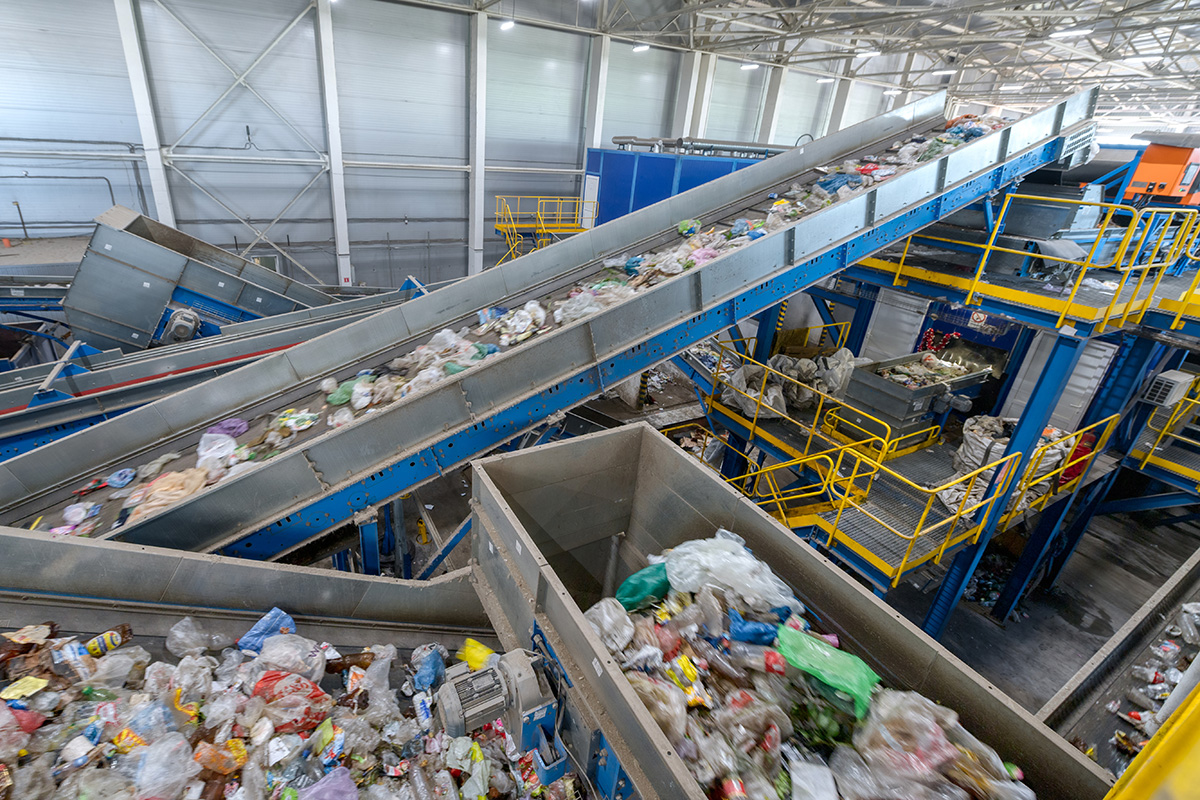
Based in Vermont, Casella Waste Systems said efficiency improvements, customer partnerships and investment in infrastructure remain central to reaching its 2030 targets | Nordroden / Shutterstock
Casella Waste Systems emphasized both progress and challenges in its 2025 sustainability report, pointing to growth in recycling and community engagement.
The Vermont-based company, which serves the Northeast and Mid-Atlantic, said efficiency improvements, customer partnerships and investment in infrastructure remain central to reaching its 2030 targets.
In the report, Casella said it recycles more than 1.5 million tons of recyclables and organics annually, supported by facility upgrades and market expansion. Recent investment included a major renovation of the Willimantic, Connecticut MRF, alongside new contracts in Pennsylvania and an expanding customer base in Boston. Casella has set a 2030 target of managing 2.00 million tons per year through reduction, reuse or recycling.
Innovation featured in prior years as well, with Casella announcing in 2023 a $20 million Boston MRF upgrade that incorporated robotic sorting systems to keep pace with customer needs and to support further diversion growth.
Casella highlighted several customer partnerships, including Dartmouth College’s student-led Campus Waste Diversion Project, which redirected textiles into a campus thrift store; Primo Brands, which reached a 90% recycling rate across fiber, metal and plastic and at its Somerset, New Jersey, facility dismantled 776 tons of decommissioned coolers with an 82% recycling rate; and the University of Vermont Medical Center, which continued a nationally recognized operating room recycling program and composted 165 tons of food waste. Casella has also piloted medical material recycling, working with medical company BD to process 40,000 pounds of clinical plastics through mechanical and chemical methods.
Workplace safety also occupied a central role. Casella’s total recordable incident rate was 5.1 in 2024, slightly higher than 5.0 in 2023, but improved from 5.9 in 2020, with a 2030 goal of 4.0. Management bonus plans now include safety criteria, and the company has expanded onboard computing for routing, vehicle monitoring and driver coaching.
In a letter marking the company’s 50th anniversary, Chairman and CEO John W. Casella wrote that metrics will inevitably fluctuate with growth and new projects, but reaffirmed the commitment to long-term goals and disciplined investment. In August, Casella announced he would be transitioning from the CEO role into executive chairman for the board of directors.
More stories about EPR/stewardship

